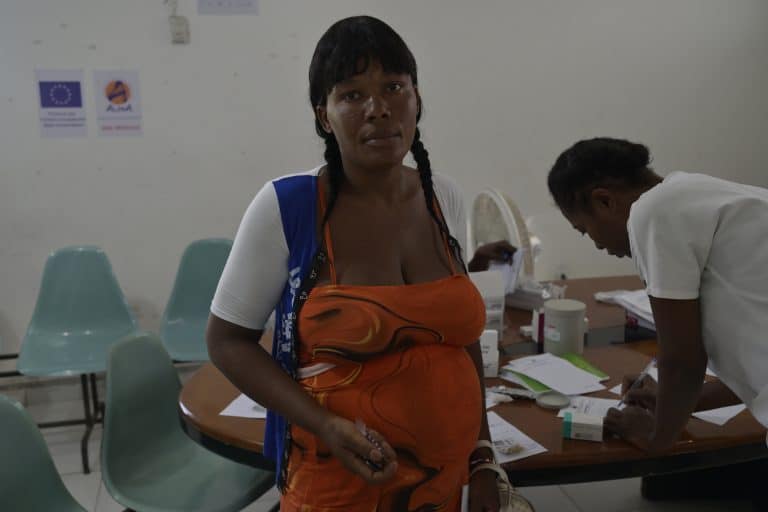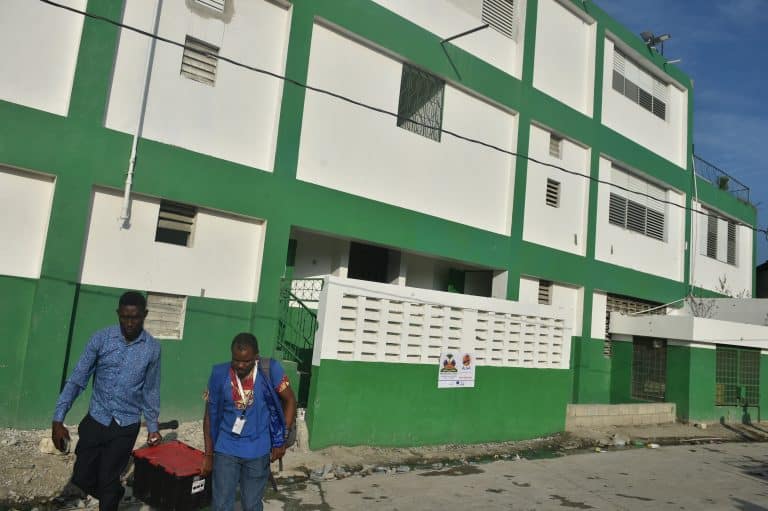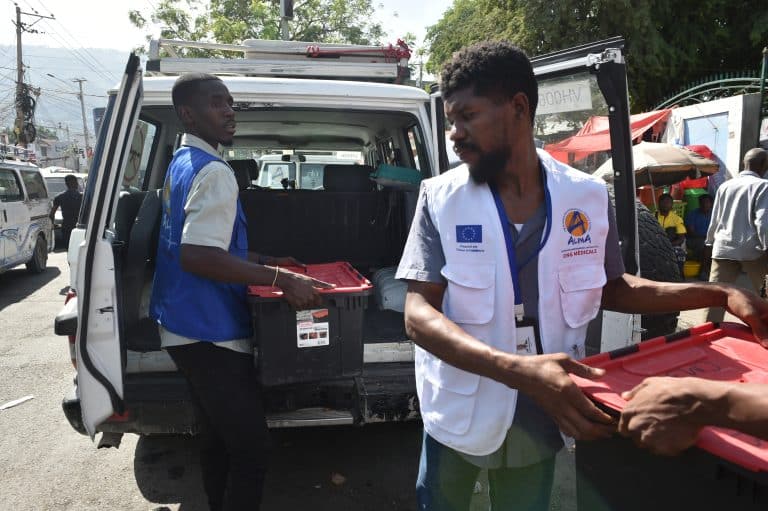Caring, Innovating, Together: three convictions that guide our approach. Yet this commitment is becoming more and more challenging to implement in a world where emergencies are multiplying and resources are dangerously decreasing. Together with our local partners, we remain committed to innovating and acting, where the needs are most urgent. Since our creation, over 18 million beneficiaries have received care through our resolutely community-based approach.
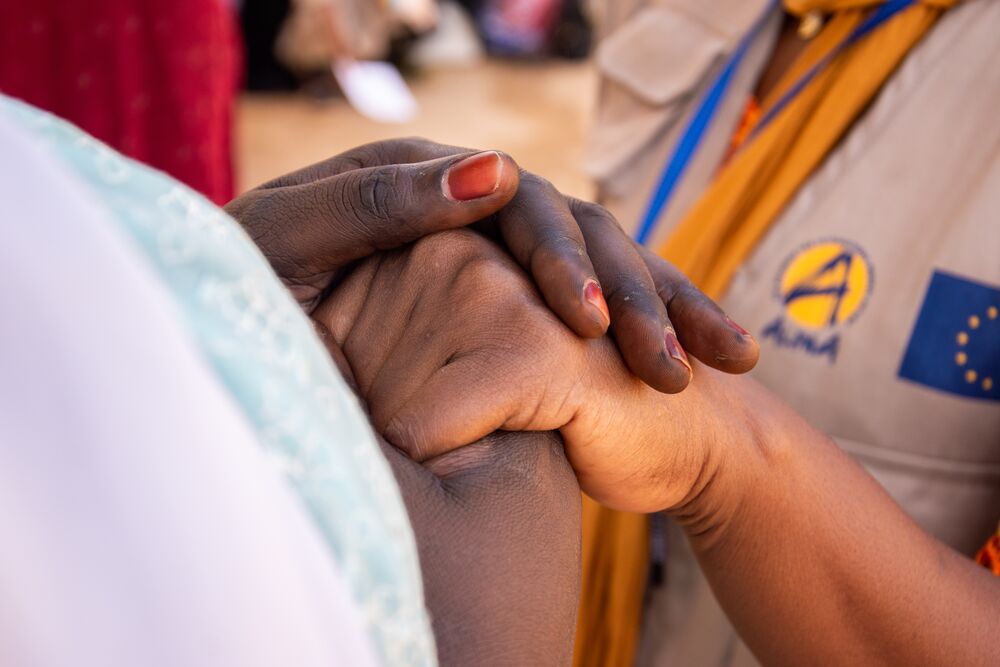
Behind the Numbers, Lives Saved
Faced with challenges in 2024, from prolonged drought in Ethiopia to mass displacement in Chad, and the Mpox epidemic in the Democratic Republic of Congo, our work operated on two levels.
- Emergency response: Immediate care, mobile clinics, rapid interventions to save lives
- Long-term resilience: Strengthening the skills of local teams, conducting medical research projects, and developing sustainable environmental solutions
Some figures to measure the impact of our work in 2024:
- 5.9 million beneficiaries
- 59 projects across 13 countries
- 87,459 children treated for malnutrition
- 140,216 assisted births
- 69,138 mental health consultations provided
- 4 major epidemics contained (Mpox, Meningitis, Marburg, Diphtheria)
- €78.9 million annual budget, with 91.69% allocated to projects
- 1 headquarters in Dakar and 3 offices in the United States, France, and the United Kingdom
Beyond these numbers, there are people. Bahané, 9, in Cameroon, who can now smile again after a cleft lip and palate operation. Salma, a young Mauritanian girl who has regained her strength thanks to therapeutic feeding. Alice, a Haitian internally displaced person who is slowly finding a sense of balance thanks to psychological support.
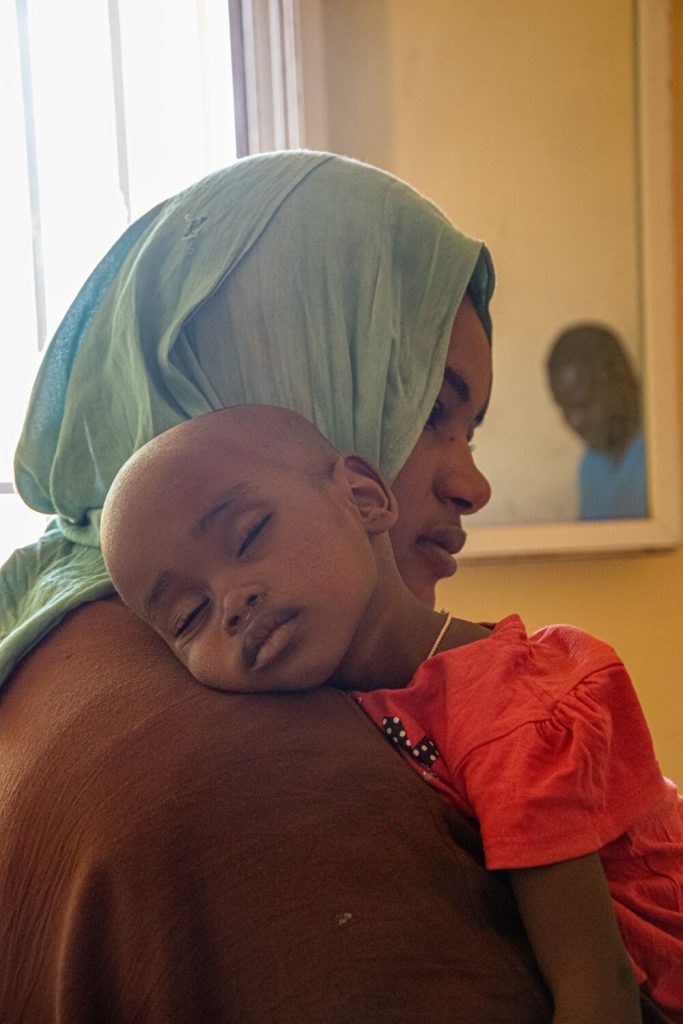
Building Lasting Change, Together with Our Local Partners
ALIMA works hand in hand with local NGOs, government institutions, researchers, and communities. Our model is based on a strong alliance between local and international actors to collaborate more effectively on the ground and access remote areas.
📍 Cameroon: Hundreds of women and children have received restorative surgeries, along with psychological and reintegration support.
📍 Central African Republic: 7,785 births were carried out by traditional birth attendants trained using the Wakobo Ti Kodro mobile app, developed in the local language.
📍Democratic Republic of the Congo: Medical teams have deployed a vital response to the Mpox epidemic even in the most remote areas, combining care, treatment, and research.
📍Mali: “Light Mothers” saved lives using the MUAC for Mothers armband.
📍Haiti: The maternity ward of the Chancerelles Hospital reopened, after 10 months of closure, despite an ongoing security crisis.
📍Sudan: Local staff, strengthened through capacity building, are now able to respond more quickly and effectively to high patient inflows.
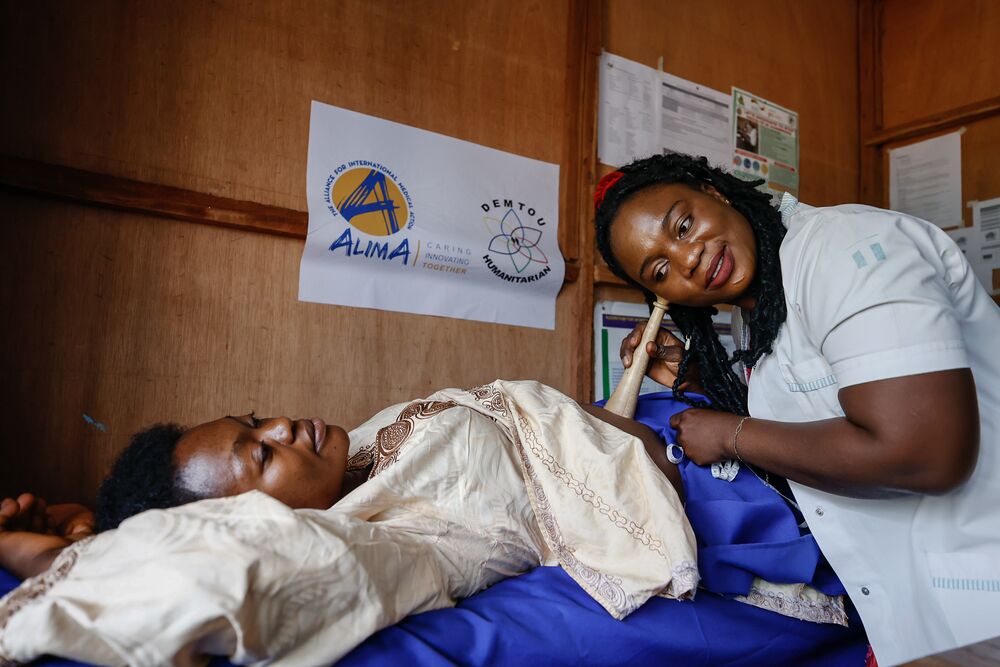
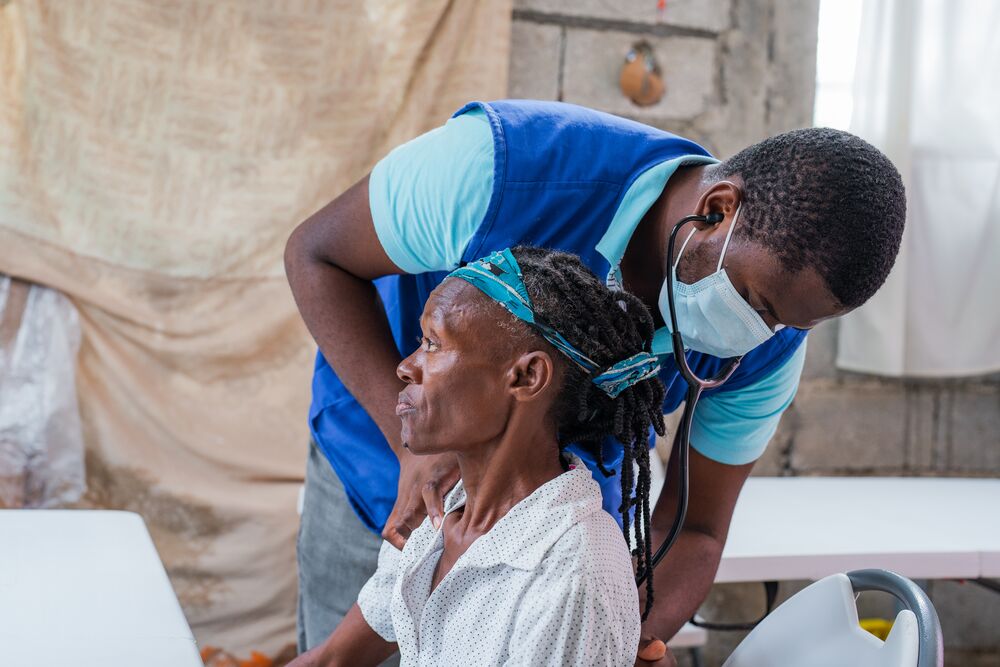
Projects that Save and Transform
Grounded in the realities of the field and driven by innovation and research, ALIMA wants to reinvent humanitarian medicine to protect the most vulnerable.
📍 Burkina Faso: Through the PLASTIK project, ALIMA is combining health and ecology. Plastic packaging from malnutrition treatments is recycled and transformed into fuel and aluminum, thanks to strong community mobilization.
📍 Nigeria: In response to Lassa fever, ALIMA is conducting the INTEGRATE project, an international clinical trial, in collaboration with 15 research institutions to test new treatments.
📍Niger: The innovative Optima approach treats acute malnutrition more effectively by training parents in early detection.
📍Chad: In Ngouri, ALIMA is transforming a hospital into a resilient facility, capable of providing care despite increasing climate shocks, such as droughts and floods.
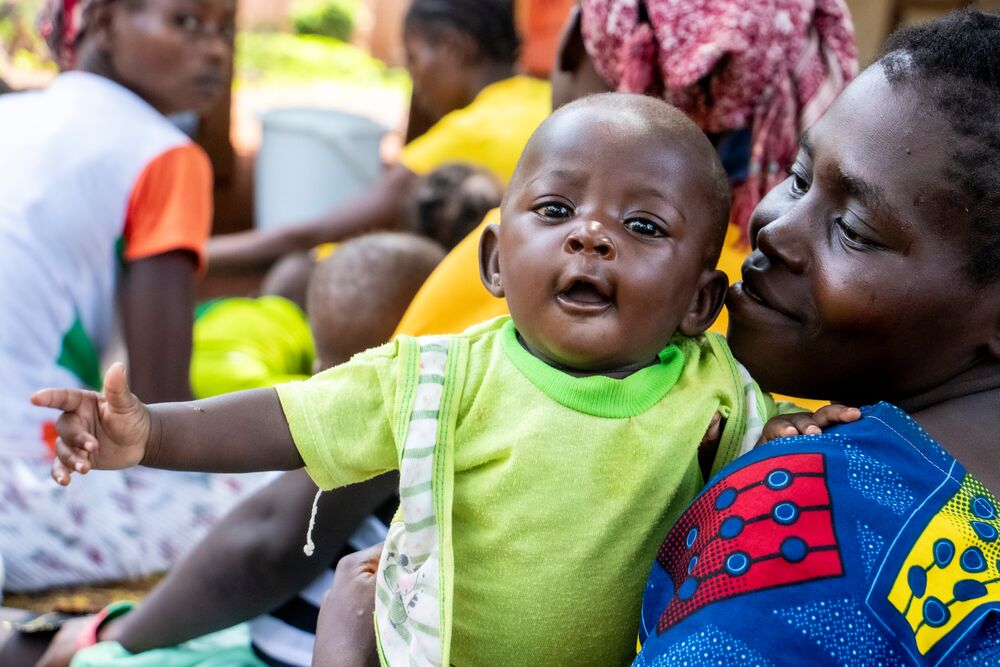
Thanks to You, ALIMA Can Act, Innovate, and Care
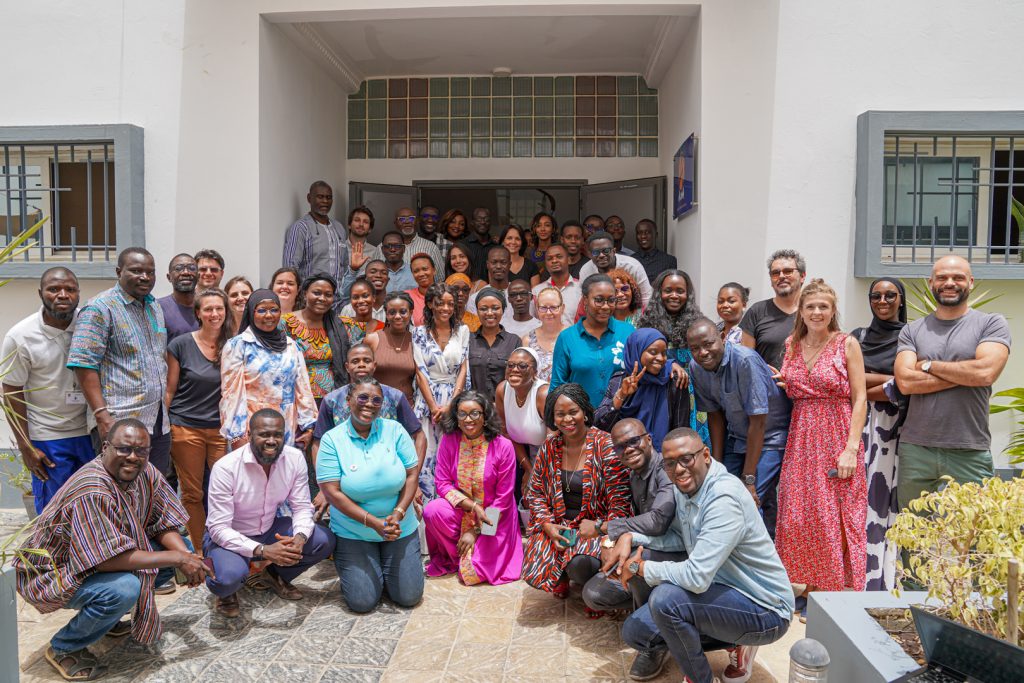
We are deeply thankful to all our partners, collaborators, caregivers, researchers, and donors, who bring ALIMA’s mission to life every single day. For the next 15 years, our ambition is to build a stronger, more sustainable path, supported by strengthened international and local collaborations, capable of overcoming funding shortfalls in contexts where humanitarian needs are urgently growing.
> Discover the 2024 Annual Report. Happy reading!
Cover photo : © Seyba Keita / ALIMA


